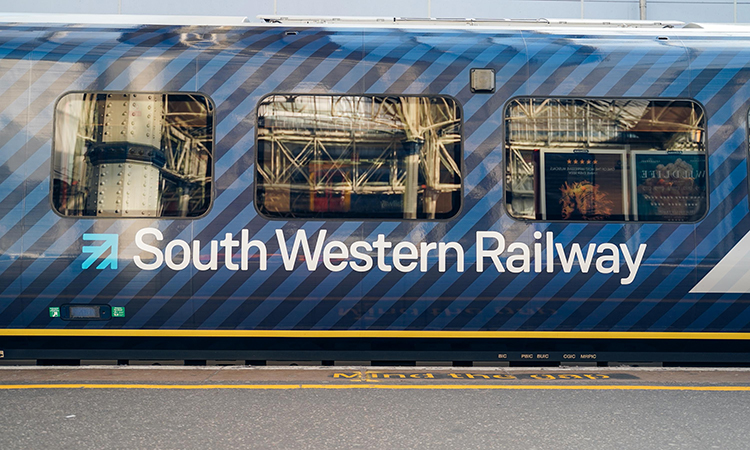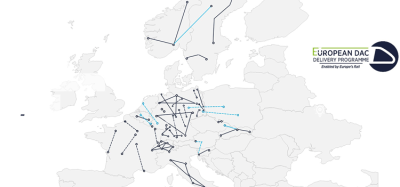South Western Railway outlines its plans to improve passenger experience
Posted: 21 July 2022 | Elliot Robinson (Editorial Assistant - Global Railway Review) | No comments yet
In its business plan for 2022/2023, South Western Railway (SWR) have set out how it will aim to meet post-pandemic demands while still delivering improvements for passengers.


Credit: SWR
South Western Railway (SWR) has published its business plan for 2022/2023 which sets out in detail what the company expects to achieve over 2022/2023 in eight key areas: customer and communities, accessibility, train service operation, environment and sustainability, leadership, management and resourcing, collaboration, people and workforce, and revenue.
Notable commitments set out in the business plan include:
- Rolling out live train occupancy information on the class 444, 450 and 15X fleets
- Boosting Wi-Fi provision across the fleet, introducing superfast connections in some locations
- Delivering a comprehensive package of station improvements, including toilets, waiting rooms, benches, and anti-trespass measures
- A package of station accessibility improvements including installing induction loops, accessible toilet, and additional wide aisle gate lines
- Developing plans to achieve net zero
- Signing up to the Armed Forces Covenant
- Appointing a fraud investigation team to crack down on digital, electronic, or systemic fraud.
Under its National Rail Contract, SWR receives a fixed fee from the Department for Transport (DfT) to deliver an annual business plan against an agreed annual budget. The operator has the opportunity to earn additional fees based on stretching targets that incentivise excellent performance for customers and the taxpayer.
SWR’s business plan comes at a challenging time for the rail industry, with passenger numbers still below pre-COVID-19 levels and the taxpayer continuing to heavily subsidise the railway to provide vital connections for customers and communities.
Over the past 12 weeks, SWR has seen its overall customer journeys stabilise at 70 per cent of pre-COVID-19 levels. While off peak travel has returned strongly to 100 per cent of pre-COVID-19 trips, commuters have been slower to return, making just 53 per cent of the peak journeys they did before the pandemic. In light of these figures and the ongoing cost challenge facing the rail industry, SWR, Network Rail and DfT have decided to defer the timetable changes set out in the December 2022 consultation.
Instead, SWR will continue with its current service levels in December, with a limited number of targeted interventions to optimise services where demand has returned quickest. SWR and Network Rail will continue to monitor customer behaviour and act with agility to meet increased demand, subject to funding being agreed with the DfT.
“The COVID-19 pandemic has fundamentally changed the way we work, play and travel, and the long-term future of the railway depends on it adapting to the new normal,” Claire Mann, Managing Director for SWR, said. “Our new business plan does just this, striking the right balance between reducing the cost to taxpayers, who have subsidised the railway to the tune of £16 billion since the start of the pandemic, and delivering the improvements our customers want to see.”
Related topics
Coronavirus/COVID-19, Funding & Finance, Passenger Experience/Satisfaction, Real-Time Passenger Information (RTPI), Station Developments, Sustainability/Decarbonisation, Wi-Fi
Related organisations
Department for Transport (DfT), Network Rail, South Western Railway (SWR)








